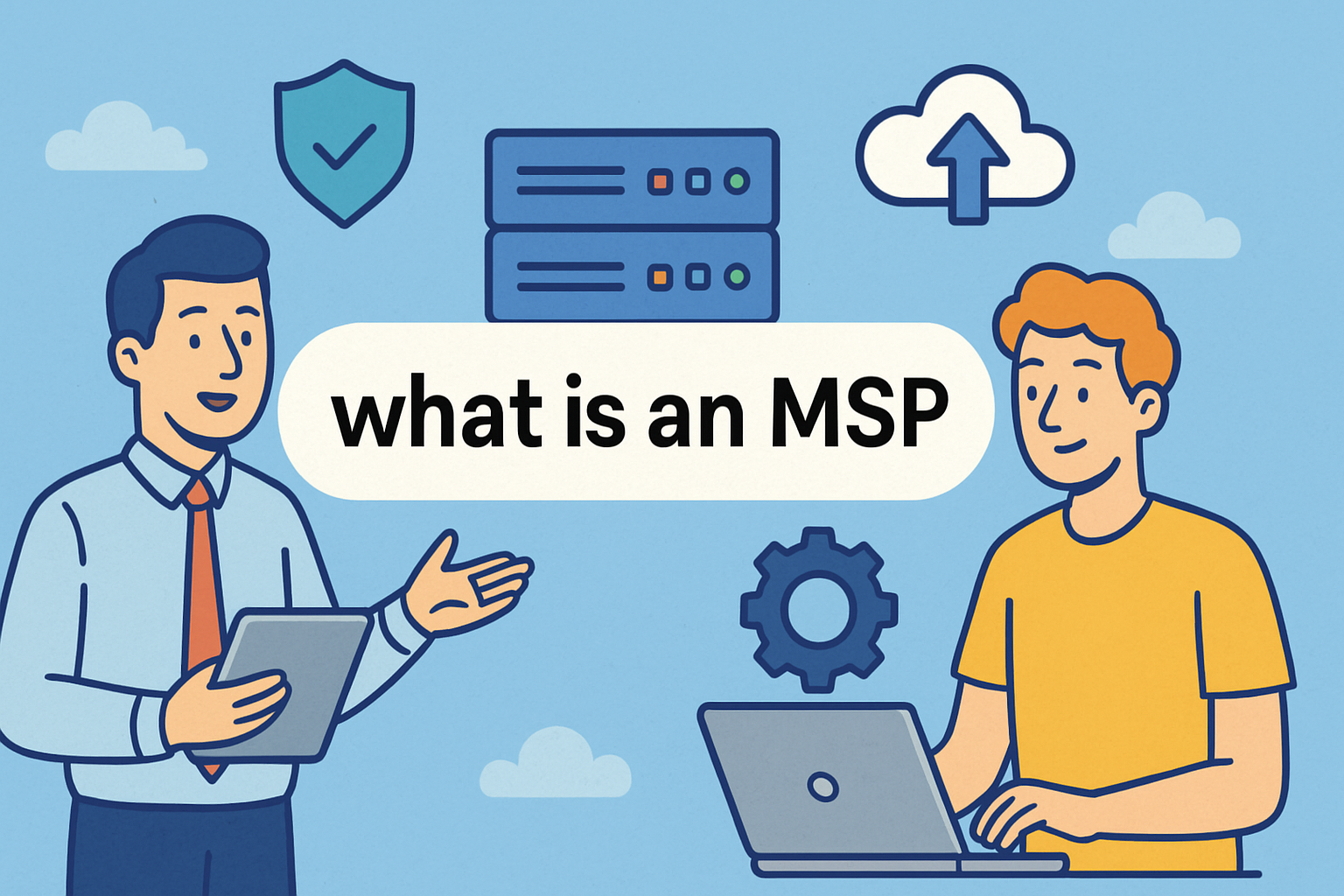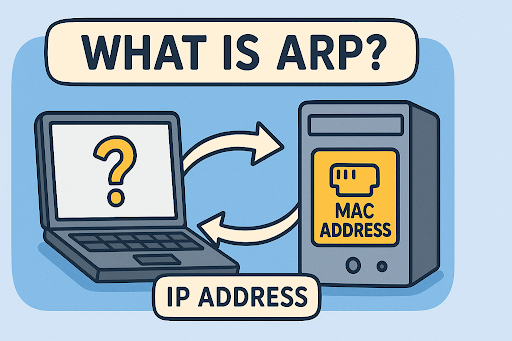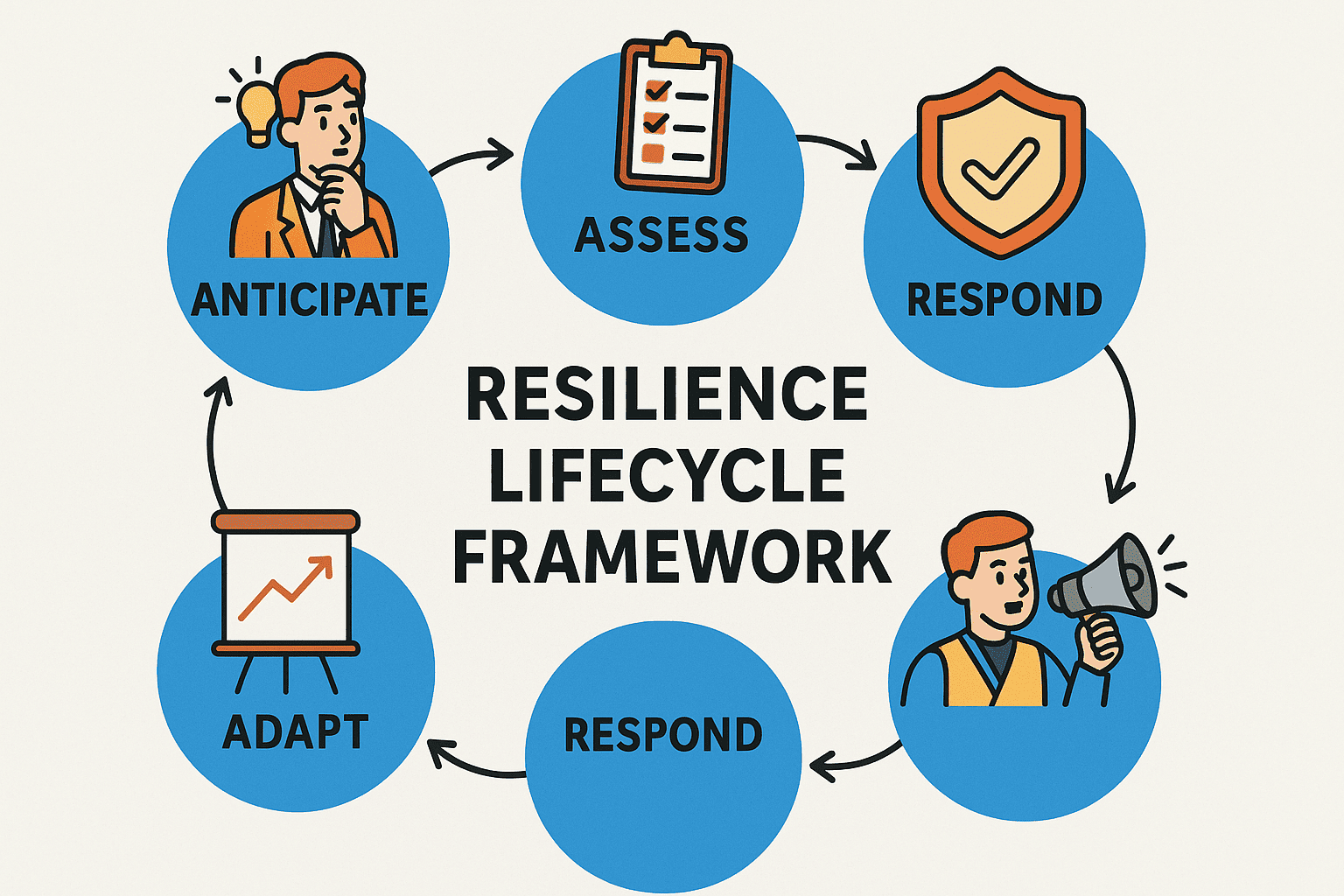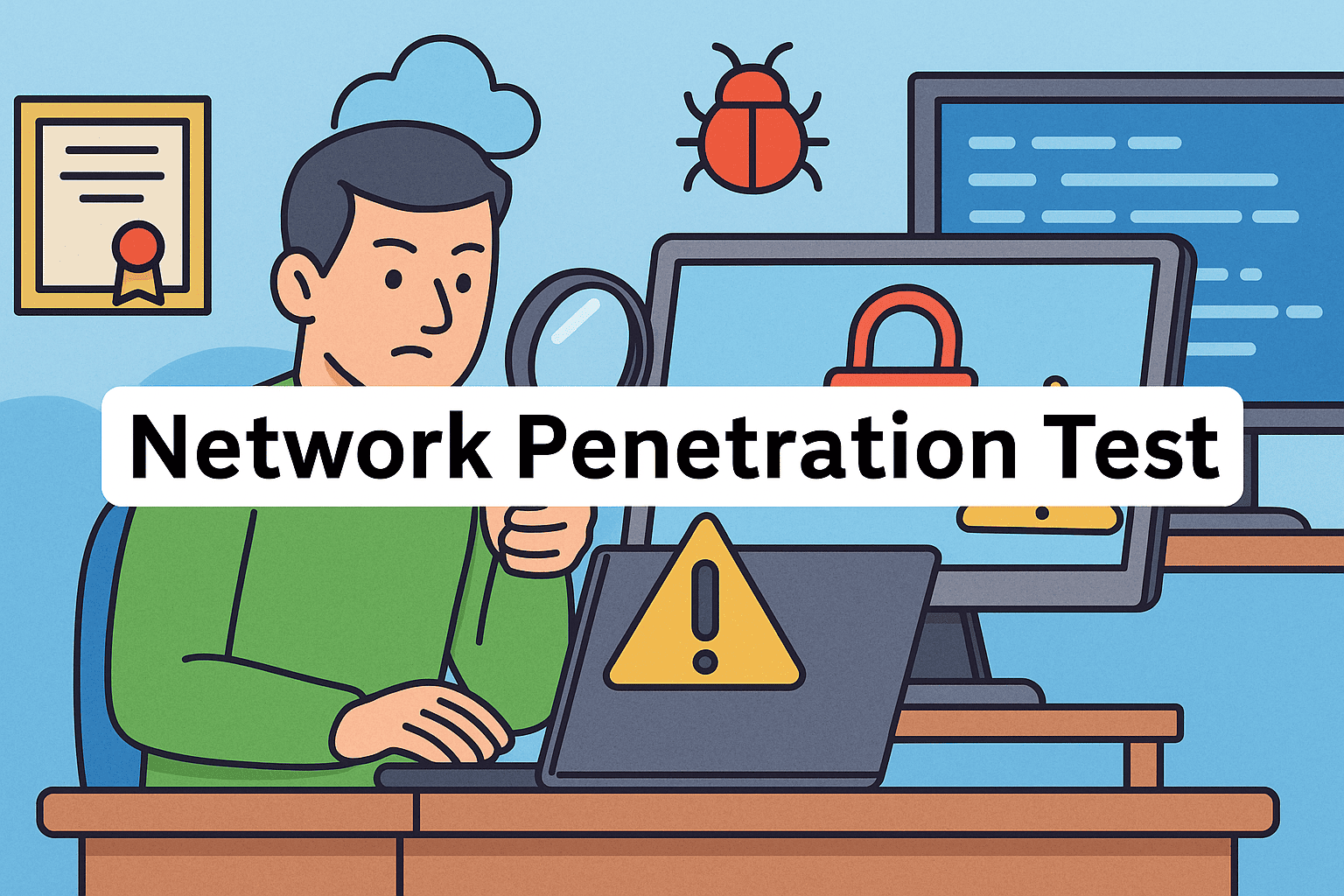Stay Focused on Growth While Experts Handle Your IT
Updated on July 1, 2025, by ITarian

In today’s always-on digital world, businesses can’t afford IT downtime or security vulnerabilities. But not every company has the time, budget, or resources to manage complex IT infrastructures in-house. That’s where MSPs step in.
If you’ve ever asked what is an MSP, you’re not alone. A Managed Service Provider is an outsourced company that remotely manages your IT environment, from servers and networks to cybersecurity and support. For IT managers, CEOs, and security-conscious leaders, understanding the value and scope of an MSP is key to long-term success.
What Is an MSP?
An MSP, or Managed Service Provider, is a third-party company that proactively manages and maintains IT systems and end-user needs on behalf of businesses.
In simple terms, MSPs act as your external IT department—without the cost and overhead of building one internally.
Their services span across network monitoring, cybersecurity, cloud management, helpdesk support, and more. MSPs use remote monitoring tools to identify and fix problems before they impact business operations.
MSP in IT: Why It Matters Today
The role of an MSP in IT has evolved significantly. In a world of hybrid work, cloud-first infrastructure, and rising cyberattacks, MSPs provide:
- Scalability: Add or reduce services as your business grows
- Expertise: Access to certified IT professionals
- Cost efficiency: Predictable monthly billing replaces large CapEx
- 24/7 support: Around-the-clock monitoring and incident response
- Compliance: Assistance with HIPAA, GDPR, PCI, and other regulations
Whether you’re a startup or an enterprise, MSPs help you stay agile, secure, and competitive.
What Does an MSP Do? MSP Services List
Understanding the MSP services list gives clarity on what you can expect when you partner with one.
✅ Common MSP Services Include:
- Network Monitoring & Management
- 24/7 uptime checks
- Traffic analysis and bandwidth optimization
- Data Backup & Disaster Recovery
- Scheduled backups
- Rapid restoration in case of data loss
- Cybersecurity Services
- Antivirus, anti-malware, endpoint protection
- Firewall and intrusion detection system (IDS) management
- Cloud Services
- Migration to cloud platforms (e.g., AWS, Azure)
- Cloud cost optimization
- Help Desk Support
- Tiered user support for technical issues
- Ticket management and resolution
- Patch Management & Software Updates
- Automated updates for OS and apps
- Vulnerability patching
- Email & Collaboration Tools
- Microsoft 365 or Google Workspace setup and support
- Email filtering and encryption
- IT Consulting & Strategy
- Technology roadmaps
- IT audits and compliance alignment
Benefits of Hiring a Managed Service Provider
When you hire an MSP, you’re not just outsourcing IT—you’re building a long-term strategic partnership.
Major Benefits Include:
- Improved Operational Efficiency
- Reduced Downtime
- Enhanced Cybersecurity Posture
- Predictable Monthly IT Costs
- Fast Access to Cutting-Edge Technology
- Freedom to Focus on Core Business Activities
Who Should Use an MSP?
MSPs are not just for enterprises—they benefit organizations of all sizes and industries:
- Small Businesses lacking in-house IT staff
- Mid-Sized Companies looking for cost-effective scalability
- Healthcare Providers needing compliance and security
- Financial Services requiring uptime and fraud prevention
- Retail and E-commerce businesses with high transaction volumes
In-House IT vs. MSP: What’s the Difference?
| Feature | In-House IT | MSP |
| Cost | High fixed salaries & overhead | Subscription-based pricing |
| Expertise | Limited by hiring budget | Access to diverse specialists |
| Availability | Typically 9–5 | 24/7/365 support |
| Scalability | Slower and expensive | Instantly scalable |
| Focus | Internal tasks | Proactive and strategic |
Pro Tip: Many companies use a hybrid model, combining internal IT with MSP support for specialized tasks or overflow coverage.
MSPs and Cybersecurity
Cyberattacks are rising, and MSPs play a critical role in protecting businesses from ransomware, phishing, and data breaches. A security-first MSP will offer:
- Security risk assessments
- Threat intelligence integration
- SOC-as-a-Service (Security Operations Center)
- Endpoint detection and response (EDR)
- Compliance assistance
Look for an MSP with experience in your industry’s security standards (e.g., HIPAA for healthcare).
How to Choose the Right MSP
Here’s a checklist to help you choose the right Managed Service Provider:
- ✅ Do they offer 24/7 monitoring and support?
- ✅ Are their services customizable and scalable?
- ✅ Do they specialize in cybersecurity?
- ✅ Can they assist with regulatory compliance?
- ✅ Do they have experience with cloud and hybrid environments?
- ✅ Can they provide client references or case studies?
Getting Started with an MSP
- Assess your current IT challenges
- Define your budget and service expectations
- Request proposals and compare MSPs
- Conduct due diligence (reviews, SLAs, certifications)
- Start with a pilot or limited-scope engagement
- Regularly review performance metrics
FAQ: Common Questions About MSPs
1. What does MSP stand for?
MSP stands for Managed Service Provider, a company that remotely manages a client’s IT services and infrastructure.
2. What is the difference between MSP and MSSP?
An MSP manages general IT services, while an MSSP (Managed Security Service Provider) specializes in security-related services.
3. Are MSPs only for large businesses?
No. Many MSPs offer flexible plans for small and mid-sized businesses.
4. How much do MSP services cost?
Prices vary by service scope but typically range from $100–$250 per user/month.
5. Can an MSP help with cloud migration?
Absolutely. Most MSPs offer cloud migration, management, and optimization services for AWS, Azure, and Google Cloud.
Final Thoughts: Let the Experts Manage IT
Now that you understand what is an MSP, you can see why they’ve become essential to businesses navigating modern technology and cybersecurity challenges.
From proactive monitoring to expert support, Managed Service Providers give organizations of all sizes the ability to scale smarter, work safer, and operate more efficiently.
Ready to streamline your IT with a trusted MSP?
👉 Get started with Itarian today and empower your business with professional-grade managed services.














